Do you have red, receding, or tender gums? Are your teeth sensitive? Have you noticed pockets forming between your gums and your teeth? These are all telltale signs of gum disease. Brushing and flossing twice daily in addition to having regular checkups and professional cleanings are critical to maintaining your dental health. But it’s not just your teeth that benefit from those habits. Your gums also stay healthy when you follow recommended dental hygiene routines.
By taking these steps, you eliminate harmful bacteria from remaining in your mouth and closing the door to oral, and systemic infection. When allowed to flourish, those bacteria can cause gum disease, or periodontal disease. Though this may begin as minor oral discomfort, gum disease can lead to tooth loss, jawbone recession, and even serious whole-body health problems like cardiovascular disease. Don’t let gum disease go untreated. Before your condition deteriorates, seek targeted treatment for gum disease in Seattle – South Lake Union, WA from our skilled team at Kois Dentistry.
When allowed to flourish, those bacteria can cause gum disease, or periodontal disease. Though this may begin as minor oral discomfort, gum disease can lead to tooth loss, jawbone recession, and even serious whole-body health problems like cardiovascular disease.
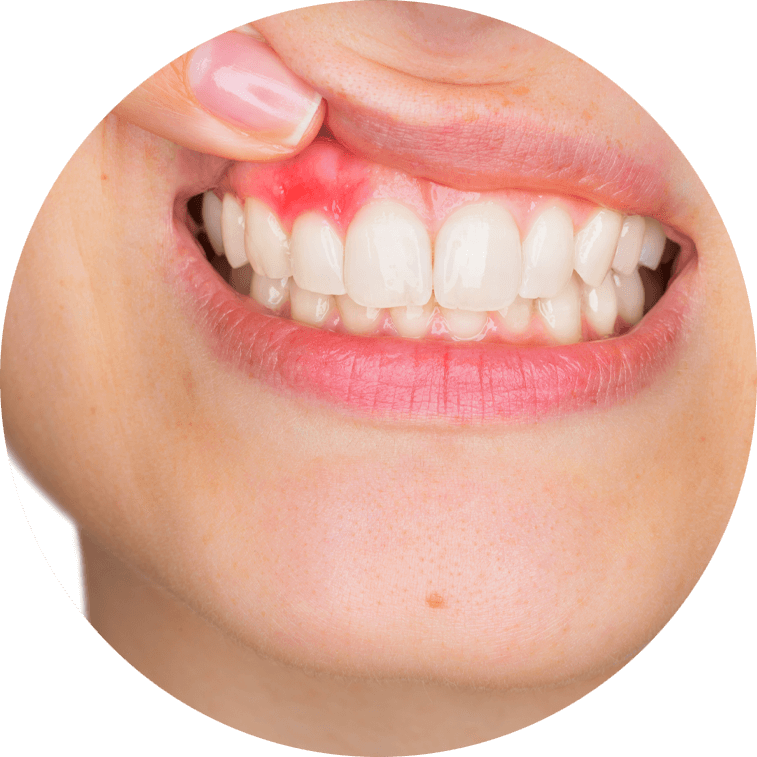
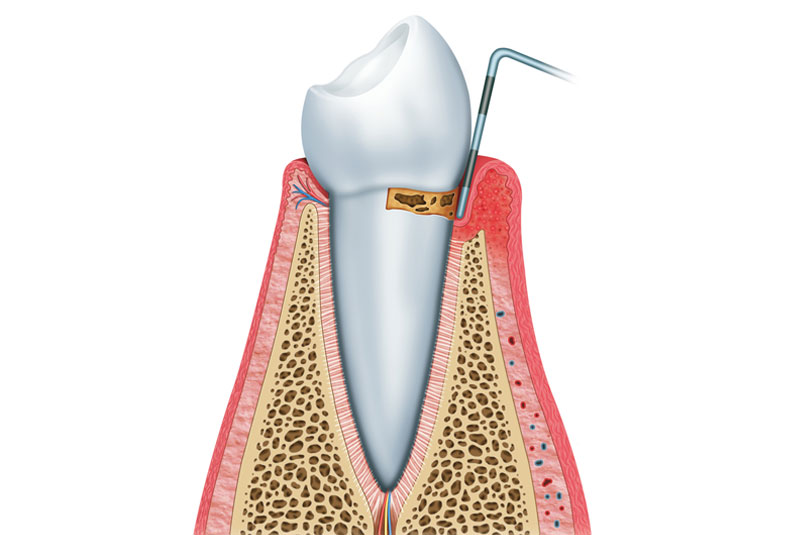
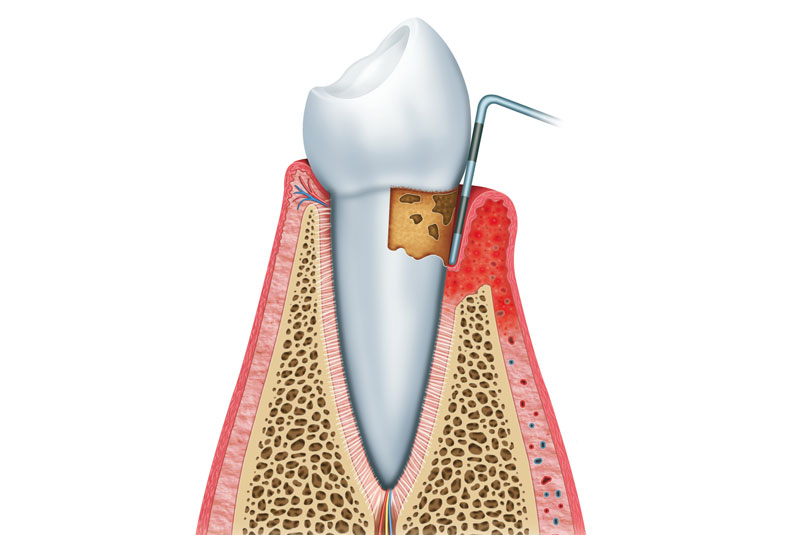
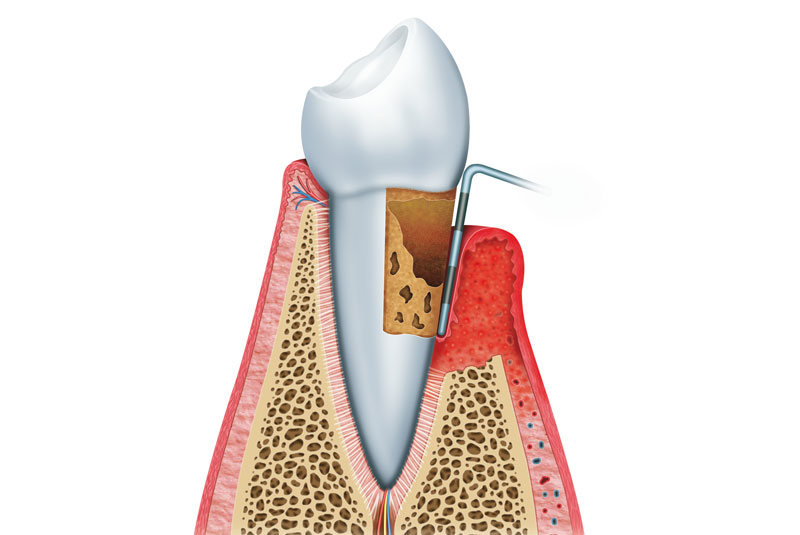
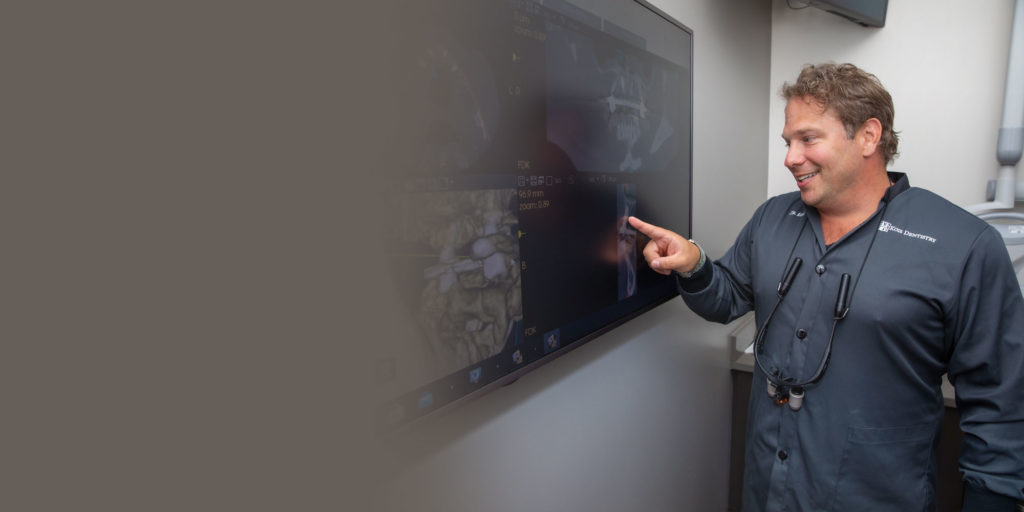
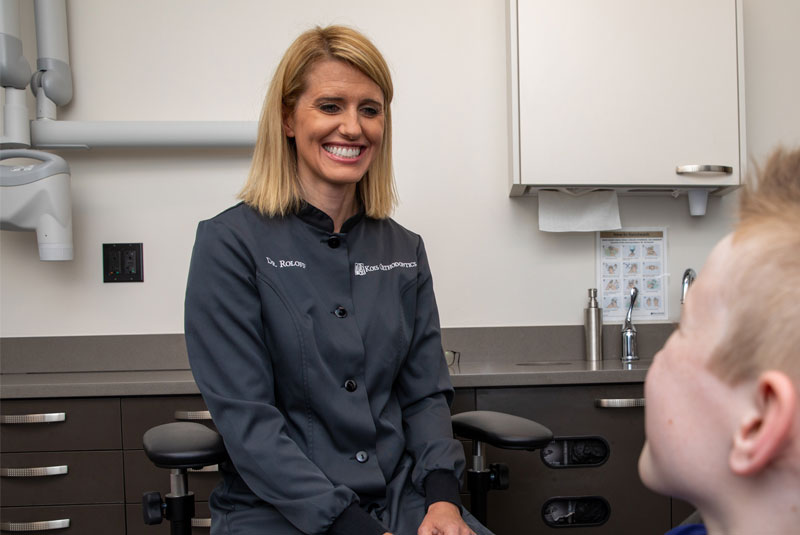
With all the dangers gum disease presents, it’s easy to see why you should do your best to prevent it and get help at the first sign of symptoms!
I understand the information disclosed in this form may be subject to re-disclosure and may no longer be protected by HIPAA privacy regulations and the HITECH Act.
